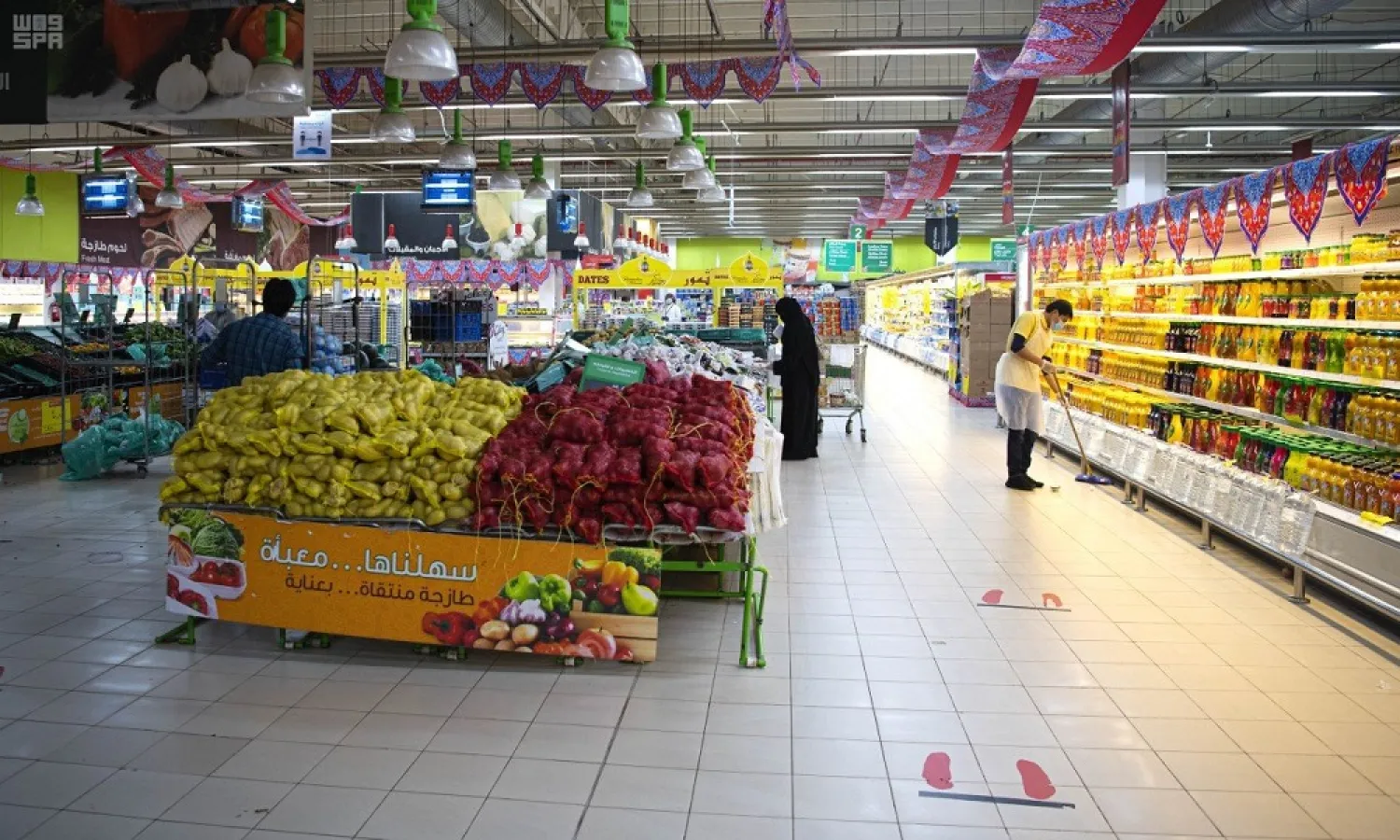Syria is moving swiftly to reclaim its role as a regional energy player, as the head of the Syrian Petroleum Company, Youssef Qiblawi, outlined ambitious plans to open the country’s oil and gas sector to major international firms, including Chevron, ConocoPhillips, TotalEnergies and Eni.
In comments to The Financial Times, Qiblawi said Syria has explored less than a third of its hydrocarbon potential. He noted that trillions of cubic meters of gas remain untapped in largely untouched areas, awaiting international expertise and technology to be brought into production.
Strategic alliances and offshore exploration
Signs of a new energy map are already emerging. Chevron has signed an agreement with Qatar’s Power International Holding to begin exploration in an offshore block, with field operations expected to start within two months.
Plans extend beyond that first project. QatarEnergy and TotalEnergies are considering participation in a second offshore block, while talks are under way with Italy’s Eni over a third.
ConocoPhillips has also strengthened its presence through a previously signed memorandum of understanding, reflecting what Qiblawi described as growing confidence among global energy companies in the commercial potential of Syria’s energy sector.
The production challenge
After years of conflict, the Syrian government has reasserted control by force over oilfields in the northeast that were previously held by Kurdish forces. Qiblawi described the condition of these fields as poor, saying production has fallen from about 500,000 barrels a day to roughly 100,000.
He attributed the decline to sabotage and the use of explosives to boost short-term output at the expense of long-term reservoir health.
Qiblawi said he would offer international companies existing fields to rehabilitate, allowing them to use the revenues to fund exploration elsewhere. “That would be costly, but I will give them some pieces of cake to generate money,” he said.
Closing the technology gap
Syria is seeking to bridge a significant technical gap, particularly in deep-water exploration. While seismic surveys and preliminary mapping of potential fields have been completed, advanced technology is lacking. Talks are planned with BP in London, while the government says it remains open to cooperation with Russian and Chinese firms.
Industry estimates suggest Syria holds proven reserves of around 1.3 billion barrels of oil, alongside vast unexplored areas, especially offshore.
Separately, Reuters reported that a large consortium is preparing to launch extensive exploration and production operations in northeastern Syria.
The group includes Saudi Arabia’s TAQA alongside US energy and oilfield services companies Baker Hughes, Hunt Energy and Argent LNG.
The consortium aims to develop four to five exploration blocks in areas previously under Kurdish control, with executives framing the effort as a step toward unifying the country’s resources and delivering tangible economic gains.
Toward energy stability
With around 2,000 engineers currently assessing damage in the northeast, the Syrian government hopes to publish a full recovery timetable by the end of February.
Officials at the Syrian Petroleum Company say they are optimistic that gas production can be doubled to 14 million cubic meters a day by the end of 2026, supported by renewed regional investment led by Saudi and US firms in energy and infrastructure projects.









